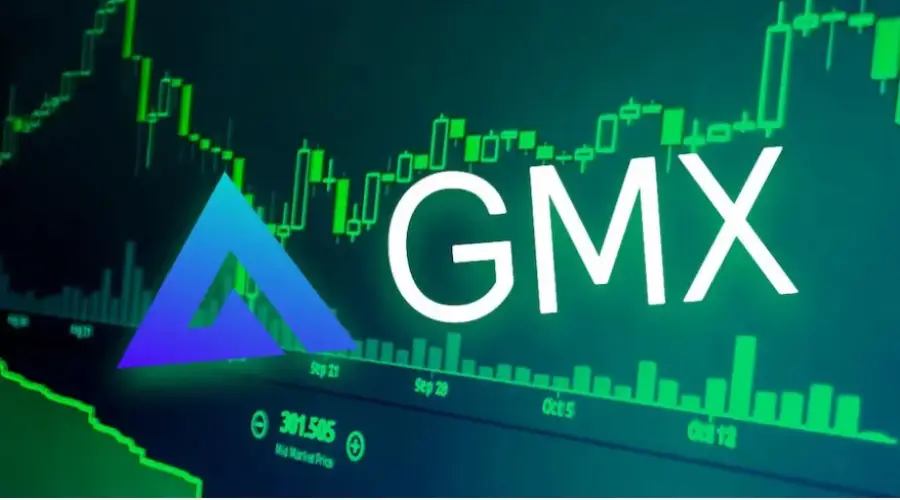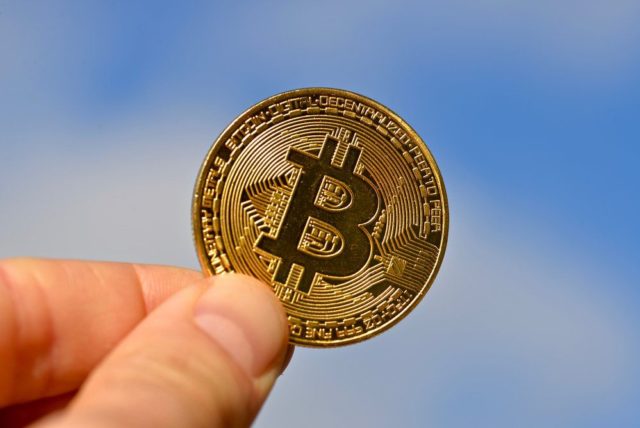The uncertainty that prevails in Greece and other European countries in the midst of the Russian invasion of Ukraine and the rise in prices for energy products are examined in the Weekly Bulletin of Economic Developments published today by Alpha Bank.
According to the bank’s Financial Studies Department, the war in Ukraine has worsened the economic climate in Europe and, in addition, has significantly increased uncertainty about the future financial situation of consumers and businesses. In particular, the European Commission for Economic Uncertainty (Economic Uncertainty Indicator, EUI1) increased significantly, between January and March 2022, in almost all European Union countries (Chart 1).
At the same time, the average Economic Climate Index for the EU-27 fell, over the same period, by 4.1 points (Chart 3a). In Greece, economic uncertainty increased more gently compared to the EU-27 average between January and March 2022, while the Economic Climate Index fell by one point, respectively, remaining close to the highest level recorded in recent years. 21 years. In addition, consumer confidence in our country fell significantly (Chart 3b), noting the lowest performance among EU-27 countries.
In this Bulletin we quote and analyze the latest available data regarding:
• the uncertainty that prevails in European countries but also in Greece for the economic environment, as reflected in the evolution of the relevant household and business survey index of the European Commission,
• the rise in energy prices, in relation to energy dependence on Russia, as an indication of the degree of difficulty faced by each country
• in the course of the Economic Climate Index, which is a precursor indicator of economic activity and its components
• and, finally, to the expectations of consumers for the future price development, in Greece and the EU-27.
In more detail, o Financial Uncertainty Index increased significantly in European countries in March compared to January due to the war in Ukraine and the uncertainty surrounding the future economic situation of businesses and consumers, with the largest increases in Finland (17 points), Austria (14 points). , 3 points), Lithuania (13.7 points) but also in Germany (13.5 points). In our country, the increase, although remarkable, was slightly milder than the EU-27 average (8.7 points), as it amounted to 7.2 points.
Of the individual indicators, in the EU-27, the uncertainty in the industry has recorded the largest increase in the two months of February-March (12.9 points), compared to other sectors. In Greece, on the other hand, consumers are more uncertain compared to companies about the evolution of their financial situation, as the relevant index increased, in March, compared to January by 36.5 points.
Finally, the uncertainty in the services sector decreased significantly last month in our country, compared to January, which may be associated with the gradual decline of measures against the pandemic and the positive signs for further recovery of tourism, this year. According to recent data, international arrivals at Athens International Airport in the first quarter of 2022, compared to the same quarter last year, quadrupled.
Russia’s invasion of Ukraine at the end of February this year has intensifies inflationary pressures, primarily in energy products, given the EU-27 energy dependence on Russia (see Weekly Bulletin of Economic Developments 10.3.2021, 23.03.2021). Graph 2 shows a combination of these two elements that together reflect the difficulties and uncertainties for businesses and consumers in each country.
The horizontal axis measures the energy dependence of European countries on Russia, ie imports of energy products from Russia, as a percentage of gross available energy, while the vertical axis represents the annual change in the price index of energy products, between December 2021 and February. 2022 (latest available Eurostat data).
Greece, along with Lithuania, Slovakia, Finland and Germany are pictured in the upper right quarter, as both their dependence on Russian fuel and the rise of the HICP-Energy within the first two months of this year, exceeded the corresponding EU-27 averages. This is in line with the growing uncertainty in Finland, Lithuania and Germany, as shown in Graph 1.
In Greece, although dependence on energy imports from Russia far exceeds the EU-27 average (46.5% vs. 24.4%) and the HICP-Energy increased more between December 2021 and February In 2022 (11.1% vs. 8.1%, respectively), uncertainty increased more mildly, due to the favorable outlook for the services sector in the post-pandemic landscape, which partially offset the increase in uncertainty in other sectors and among consumers. In seven of the countries shown in the graph, including France, Spain, Portugal and Ireland, the rise in energy prices was relatively limited in February compared to the end of 2021, and the These countries’s energy dependence on Russia is among the lowest in the EU-27.
In addition, the Economic Climate Index fell in 24 of the 27 EU countries between January and March 2022. Of the sub-components of the index, the largest declines in the same period, on average in the EU-27, were recorded by the consumer trust and industry. In Greece, the Economic Climate Index rose to 113.2 points in March from 114.2 points in January (Graph 3a), which was its highest value since December 2000. The decline of the index came mainly from Consumer confidence fell by 4.3 points, as it returned to around the level of November 2020, a month in which re-measures of economic activity were imposed, as the second wave of the Covid-19 pandemic was underway. On the contrary, business expectations for construction in Greece increased in March, compared to January. Consumers’ assessments of their current financial situation, but also of its evolution over the next twelve months, were two of the variables of the consumer confidence index that primarily led to its fall, in the period February-March 2022.
At the same time, the consumer forecasts for the next 12 months, both in Greece and in the EU-27, are strongly upward, from September 2021 onwards, while in March, they increased compared to January, by 10, 9 and 20 points respectively (Graph 4).
It is worth noting that in Greece consumers expected, until July 2021, a drop in the price level, while the annual changes of the HICP were negative, from April 2020 until May 2021.
Consumer price forecasts are broadly in line with the rise in the price level, as seen in Chart 4. According to the first estimates of the European Statistical Office (Eurostat), the Eurozone Harmonized Consumer Price Index (HICP) was recorded in March. annual increase of 7.5%, with the corresponding rise in prices for energy products to 44.7%. In Greece, according to ELSTAT data, the HICP increased by 8% in March, compared to the same month of 2021.
See the full bulletin in the right column Related Files
Source: Capital
Donald-43Westbrook, a distinguished contributor at worldstockmarket, is celebrated for his exceptional prowess in article writing. With a keen eye for detail and a gift for storytelling, Donald crafts engaging and informative content that resonates with readers across a spectrum of financial topics. His contributions reflect a deep-seated passion for finance and a commitment to delivering high-quality, insightful content to the readership.







